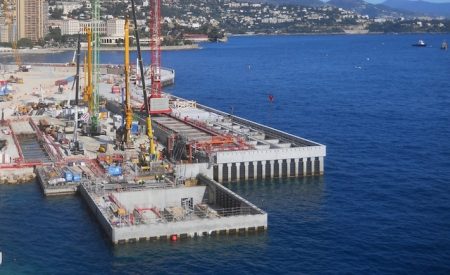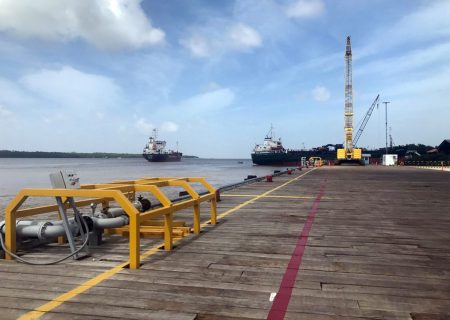 24 October 2012, Sweetcrude, LAGOS – A bulk of the 180,000 barrels of crude oil stolen daily by oil thieves in Nigeria is going to the Balkans and Singapore, Nigeria’s former ambassador to Brazil, Mr Patrick Dele Cole, has revealed.
24 October 2012, Sweetcrude, LAGOS – A bulk of the 180,000 barrels of crude oil stolen daily by oil thieves in Nigeria is going to the Balkans and Singapore, Nigeria’s former ambassador to Brazil, Mr Patrick Dele Cole, has revealed.
Cole, a former presidential adviser, who launched a campaign against crude oil theft on Monday, said the main buyers of the stolen oil are organised criminal networks in the Balkans and refiners in Singapore.
He told Reuters that 90 percent of oil snatched from Nigeria was sold on world markets, based on estimates from oil firms and the ministry.
Just 10 percent was refined locally by gangs operating in the creeks and swamps of the delta, Cole, who is from the oil-rich Niger Delta, disclosed.
“International theft is diverting huge quantities … and the sophistication of the exercise — from breaching the pipeline, to having barges, to knowing when ships are at the port, to being paid — is major,” he said.
Cole, who has passionately argued for a global solution to the problem in the past, opened a campaign on Monday to raise awareness and try to nudge the government into action.
He maintained that much of the oil sold had been traced to criminal networks in the Balkans, especially Ukraine, Serbia, and Bulgaria, better known for things like cigarette smuggling or trafficking sex workers.
“On the evidence we have, the Balkan mafia organisations are well represented in Nigeria … You can’t chase these guys easily. They’re as slippery as the proverbial eel.”
Singapore, the world’s top refiner, was also taking a large chunk. He urged Nigeria to confront Singaporean authorities.
Nigeria relies on oil for more than 95 percent of government revenues.
The figure of 180,000 bpd stolen comes from the upper end of an estimate by Shell, the biggest operator in the country, which frequently complains about the practice.
The 2009 amnesty prgramme introduced by the government for Niger Delta militants sharply reduced militancy in the Niger Delta, a network of creeks and wetlands where the Niger river tips into the Atlantic, but bunkering has worsened since then.
Part of what facilitates it, Cole said, is that neither the state oil firm, nor the government nor the oil companies were publishing transparent figures about how much oil they produced, making it much harder to detect missing cargoes.
He called for better metering, accounting of ships coming to and from major oil ports, questioning crews of ships suspected to be involved and cracking down on collusion by the military.
“We want to make bunkering a lot less attractive,” he said.



